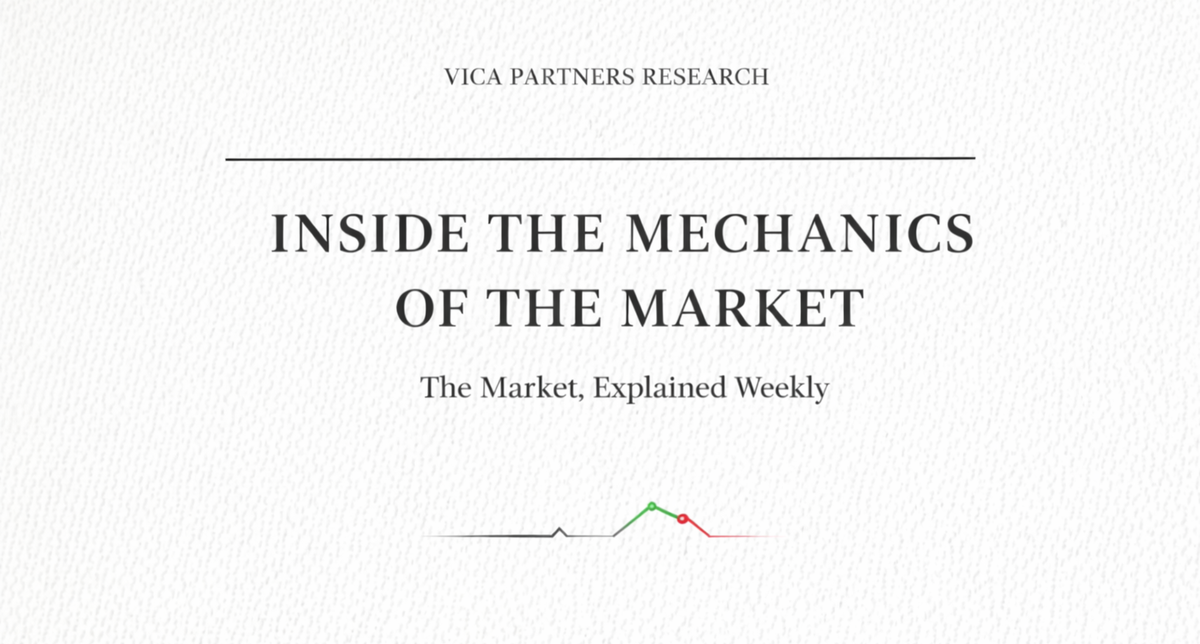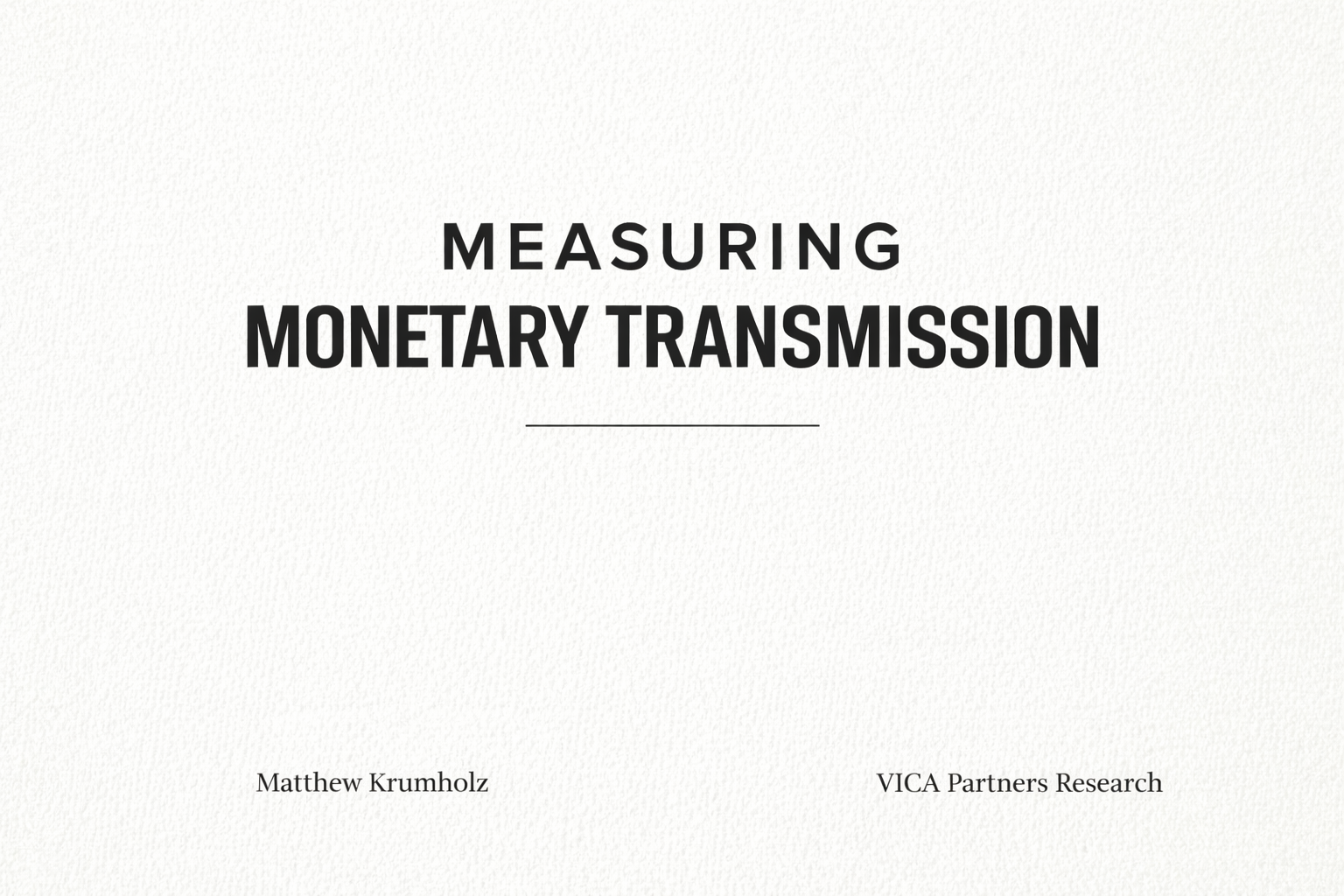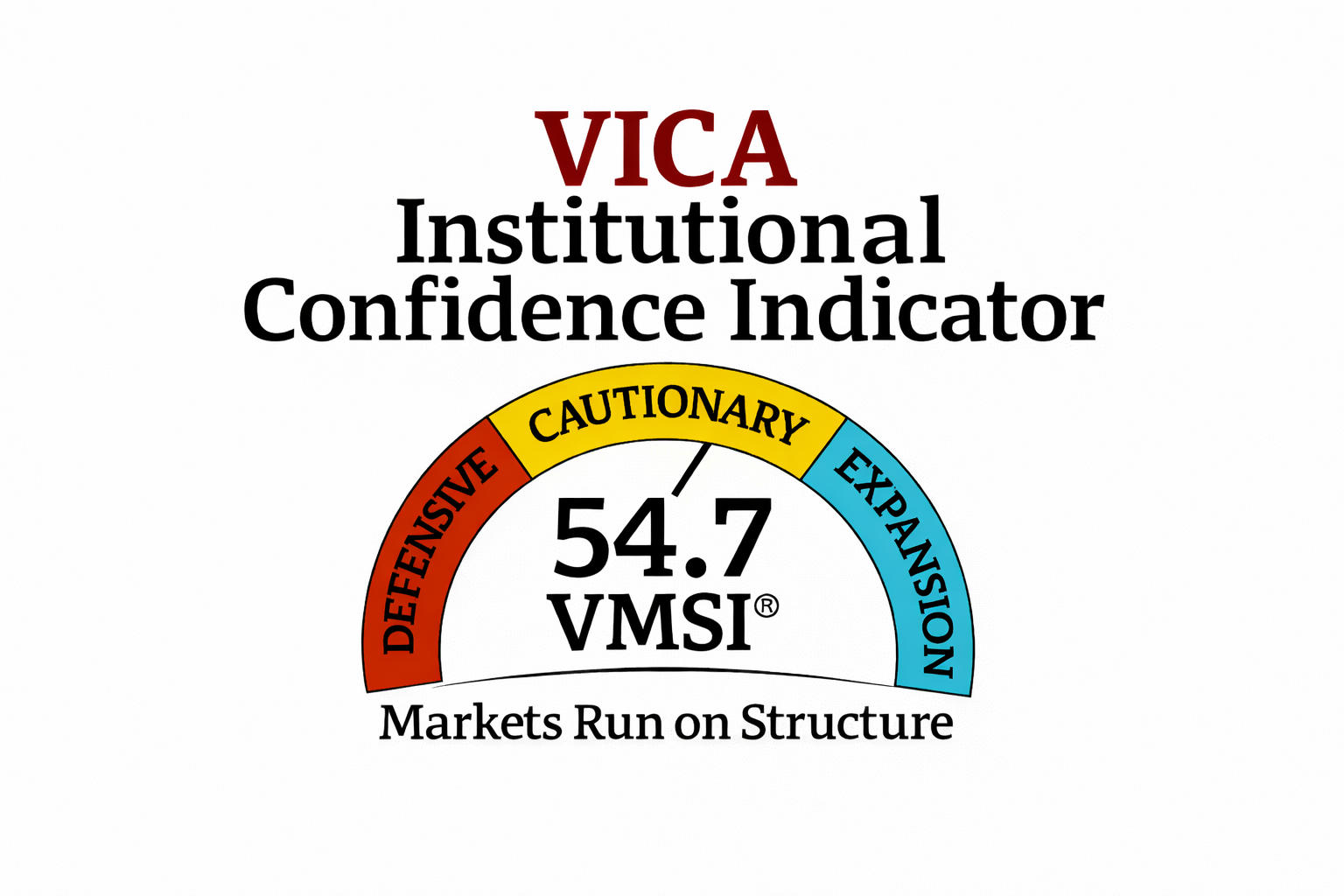FACTS
On average, hedge funds contribute more to stock market efficiency than most other institutional investors such as mutual funds, banks and insurance companies.
Hedge Funds improve efficiency by exploiting mispricing
Hedge funds exploit different of areas of the markets, which include price, dividends, or even regulation. The most common form of profit is arbitrage/ price.
Hedge funds role in informational efficiency of stock prices
Our own research findings support that hedge fund trading improves the informational efficiency of stock prices.
On average during the 2016– 2021 sample period, hedge funds prefer stocks that are relatively inefficiently priced, and these stocks experience significant improvements in price efficiency after hedge funds increase their ownership. These findings are based on high and lower frequency measures of price efficiency such as pricing error variance, return autocorrelations, variance ratios, and a price delay measure. The effects are stronger among stocks held by hedge funds with high turnover, small size, and superior stock picking skills. Hedge funds exploit pricing opportunities by conducting extensive research about the value of securities and taking advantage of any mispricing.
Greater hedge fund ownership is associated with less price volatility during market downturns
Hedge fund trading improves market efficiency by incorporating information into stock prices and we have found that price efficiency is clearly correlated with greater hedge fund ownership. Our findings hold consistent even when we control for changes in volatility, liquidity, short interest, or other stock characteristics. It’s important to note that higher institutional holdings also act to reduce stock price volatility and increase liquidity and short interest.
Keep these facts in mind when pricing stocks!




